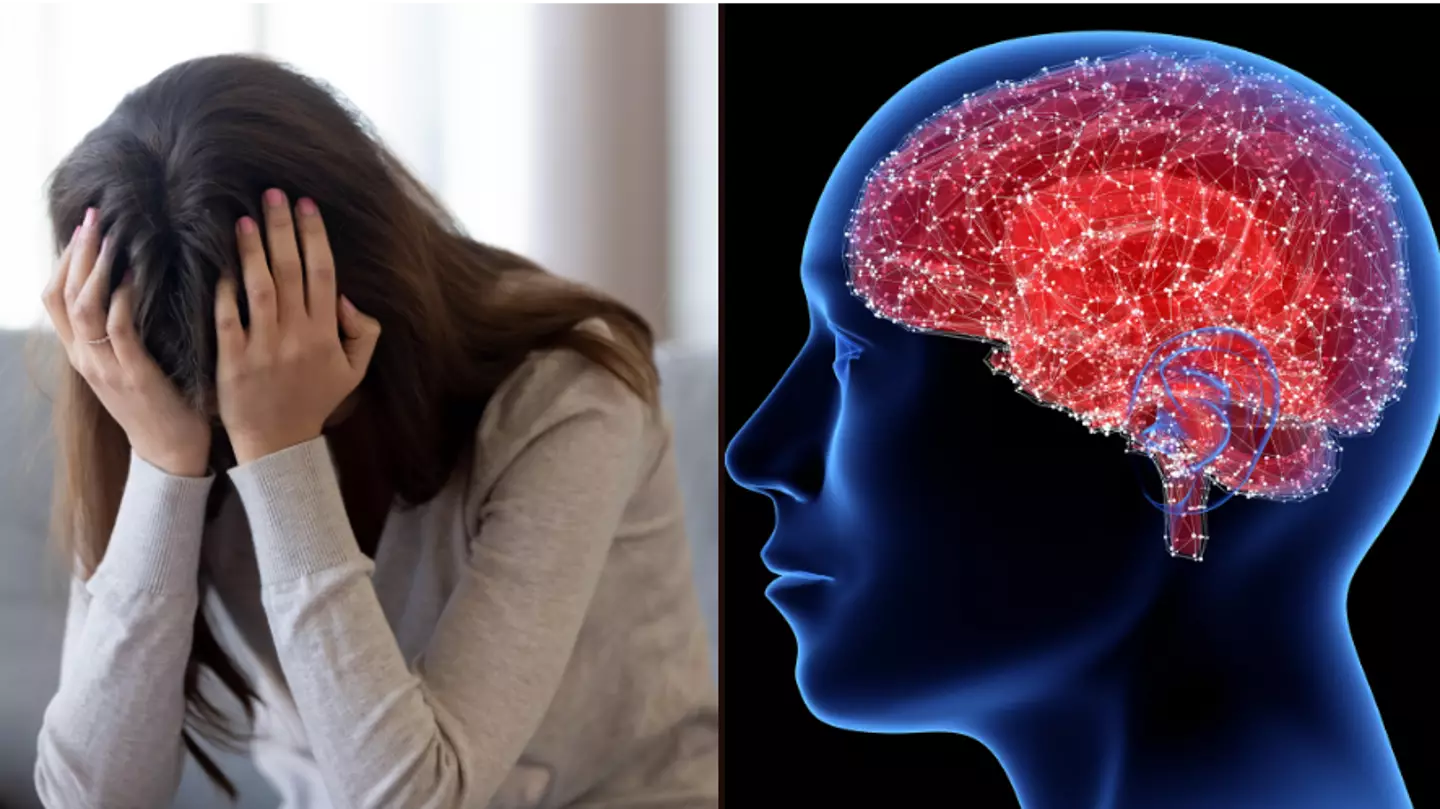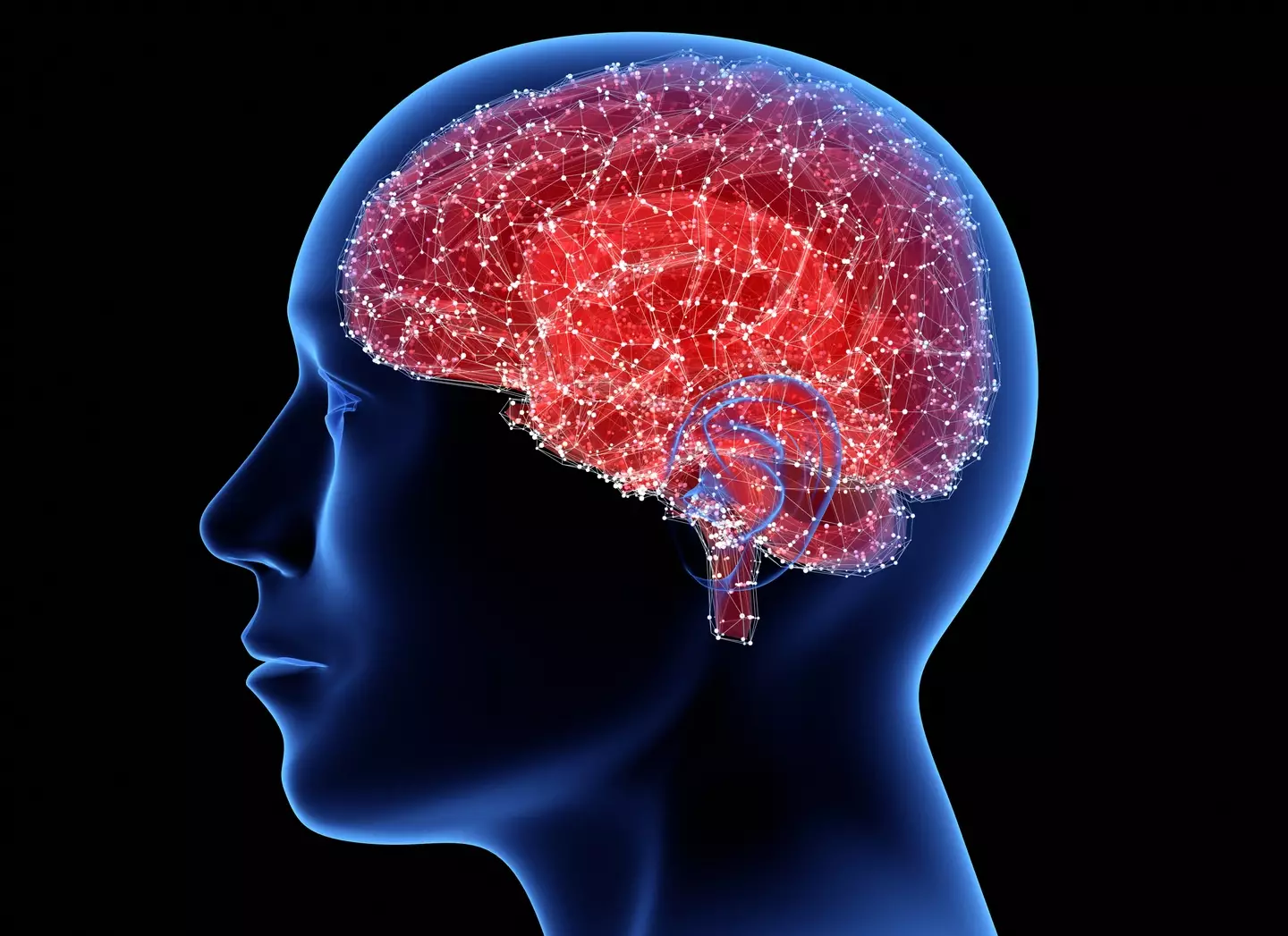
There is a very rare condition which is incredibly difficult to diagnose known as Cotard's Syndrome, or more commonly as 'Walking Corpse Syndrome'.
It's where a person believes either that parts of their body are missing or that they are dead, dying or don't exist.
Some people believe it is happening to their whole body, others think that only parts of themselves have gone or are rotting away, and it is closely linked to other mental health ailments such as depression.
Experts aren't certain exactly what causes it, though a 2011 study found that 89 percent of cases had depression as a symptom of it.
Advert
It can be incredibly dangerous for the person suffering from the syndrome as they may stop taking care of their own health because they believe their body is already dead and they, therefore, don't need to eat or treat themselves.
Someone who says they have recently suffered through this took to Reddit to hold an AMA (ask me anything) where they answered questions on just what it was like to be convinced for a time that they were dead.

They had just had a three-day stay in a mental health hospital and shortly after leaving said they'd become 'convinced that I had committed suicide' and thought they'd gone 'into purgatory and was stuck in a loop'.
The person also said they believed they could 'predict what was happening' and tried a few things to see if they could wake themselves up from purgatory.
First, they said they pulled on their husband's beard and then 'bit myself to feel pain' as they believed this might wake them up, but when it didn't they 'felt I was in hell'.
Then they began screaming until they passed out, thought they were 'having seizures or strokes' and finally became convinced they were having a heart attack and begged their husband to give them CPR.
After that they were 'finally convinced it ended and went to sleep', saying they 'woke up normal' the next day.
They described the entire ordeal as 'confusing' and said they'd 'never known such fear', though fortunately they now 'know I'm safe and very much alive'.

Quite frankly 'Walking Corpse Syndrome' sounds as terrifying to experience as you'd expect from something with a name like that.
Answering other questions people had, they said it was 'like flipping through channels' where each one was 'more terrifying than the last'.
"Then I'd hit these channels with nothing on it and faint and then restart the process all over again," they wrote.
"It was the first time I had visual and audio disturbances during dissociation. I thought I was actively dying."
The syndrome was first recorded in 1874 in Paris, France, where a woman told her doctor she was sure she was dead, and that many of her organs were gone with nothing but skin and bones left on her body.
Her doctor was neurologist and psychologist Jules Cotard, which is why the syndrome's official name comes from him.
Even before that there are recorded incidents of doctors saying they had patients who believed themselves to be dead and refused to eat anything.
If you're experiencing distressing thoughts and feelings, the Campaign Against Living Miserably (CALM) is there to support you. They're open from 5pm–midnight, 365 days a year. Their national number is 0800 58 58 58 and they also have a webchat service if you're not comfortable talking on the phone
Topics: Mental Health, Health